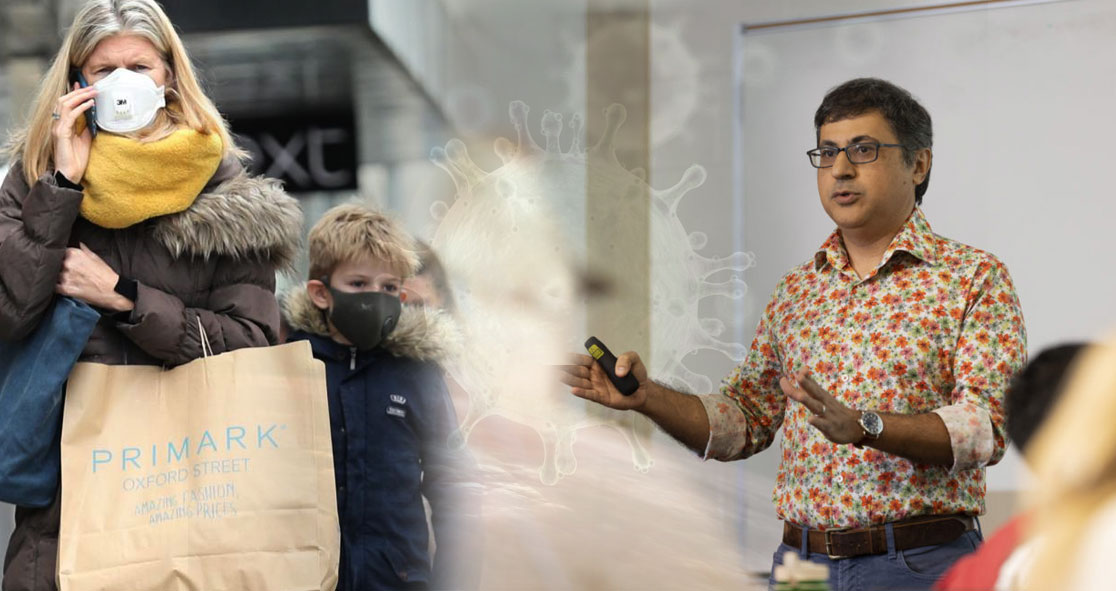A new study, published in Proceedings of the National Academy of Sciences, has suggested that achieving her immunity against COVID-19 is an impractical public health strategy.
There have been debates revolving around two proposed strategies when it comes to combating the ongoing pandemic. One aims for “suppression,” eliminating the viral transmission through strict social distancing measures, while another is “mitigation,” aiming to achieve herd immunity.
Lead author Dr. Toby Brett of Odum School of Ecology said, “The herd immunity concept is tantalizing because it spells the end of the threat of COVID-19,”
“However, because this approach aims to avoid disease elimination, it would need a constant adjustment of lockdown measures to ensure enough—but not too many—people are being infected at a particular point in time,” he added. “Because of these challenges, the herd immunity strategy is actually more like attempting to walk a barely visible tightrope.”
This study, conducted by Dr. Brett and Dr. Pejman Rohani, investigated the suppression and mitigation approaches for stopping the spread of the novel coronavirus.
They developed an age-stratified disease transmission model to simulate the transmission of COVID-19 in the United Kingdom, along with spread controlled by the self-isolation of individuals with COVID-19 symptoms and various levels of social distancing.
Dr. Brett and Dr. Rohani found that using the suppression strategy, far fewer fatalities were predicted.
They explained suppression could be achieved in a couple of months if self-isolation engagement is high, irrespective of social distancing measures.
While examining mitigation strategy, they found that if social distancing is maintained at a particular level, hospital capacity would need to greatly increase in order to prevent the health system from getting overwhelmed.
Given the currently available hospital resources, the UK would need to adjust levels of social distancing to achieve herd immunity.
Hospitals will be overwhelmed if the virus spreads too quickly. However, if it spreads slowly, the epidemic will be suppressed without achieving herd immunity.
However, the researchers noted that much is unknown about the nature, duration, and efficacy of COVID-19 immunity. They said their model assumes perfect long-lasting immunity.
Dr. Brett and Dr. Rohani warned that if immunity is not perfect and if there is a significant chance of reinfection, it is very unlikely to achieve herd immunity through widespread exposure.
“We recognize there remains much for us to learn about COVID-19 transmission and immunity, but believe that such modeling can be invaluable in so-called ‘situational analyses,’” Dr. Rohani said. “Models allow stakeholders to think through the consequences of alternative courses of action,” he added.























